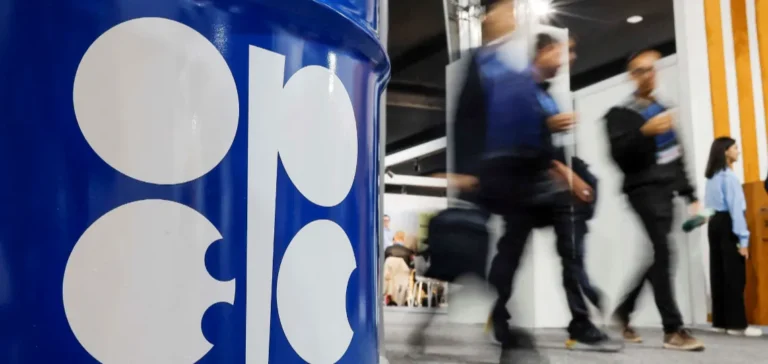The main producers of the OPEC+ alliance are preparing to discuss their production policies as the market heads toward a supply surplus in the fourth quarter. The decision will focus on the future of quotas, in a context marked by contradictory signals between sustained demand and the risk of overcapacity.
An alliance facing strategic choices
By the end of September, eight members of the organization – Saudi Arabia, Russia, Iraq, the United Arab Emirates, Kuwait, Kazakhstan, Algeria and Oman – will have restored about 2.2 million barrels per day that were withdrawn from the market after the pandemic. Discussions will address the possibility of continuing this path, pausing it, or even reducing quotas again. The debate is fueled by internal concerns about weakening seasonal demand.
Some delegates believe a pause is needed to avoid a marked imbalance in the coming months. At the same time, discussions will include compensation for overproduction accumulated since the beginning of 2024, an issue that continues to generate tension within the alliance.
Exclusive forecasts on supply and demand
According to a production survey conducted by Commodity Insights, some member countries are not increasing their volumes in line with quotas, producing on average 380,000 barrels per day below targets in July. Spare capacity is concentrated mainly in Saudi Arabia, the United Arab Emirates and Kuwait, giving these producers additional room to maneuver.
Internal forecasts estimate that global liquids supply could reach 108.3 million barrels per day in December, compared to demand of 105.3 million barrels per day. This projection suggests a net surplus of nearly 3 million barrels per day, increasing downward pressure on prices.
Persistent risks for Russia and price dynamics
Russia, the alliance’s second-largest producer, remains exposed to disruptions due to Western sanctions and attacks targeting its infrastructure. Recent measures include a European Union ban on refined products made from Russian crude, scheduled for January 2026. Analysts, however, believe the net impact on global flows could remain limited.
In this context, price projections have been adjusted. Dated Brent, assessed at $67.32 on September 4, could fall below the $60 threshold by year-end, with an expected average of $56 in 2026. The combination of increased production, more moderate demand, and slower Chinese stockpiling reinforces this outlook.






















